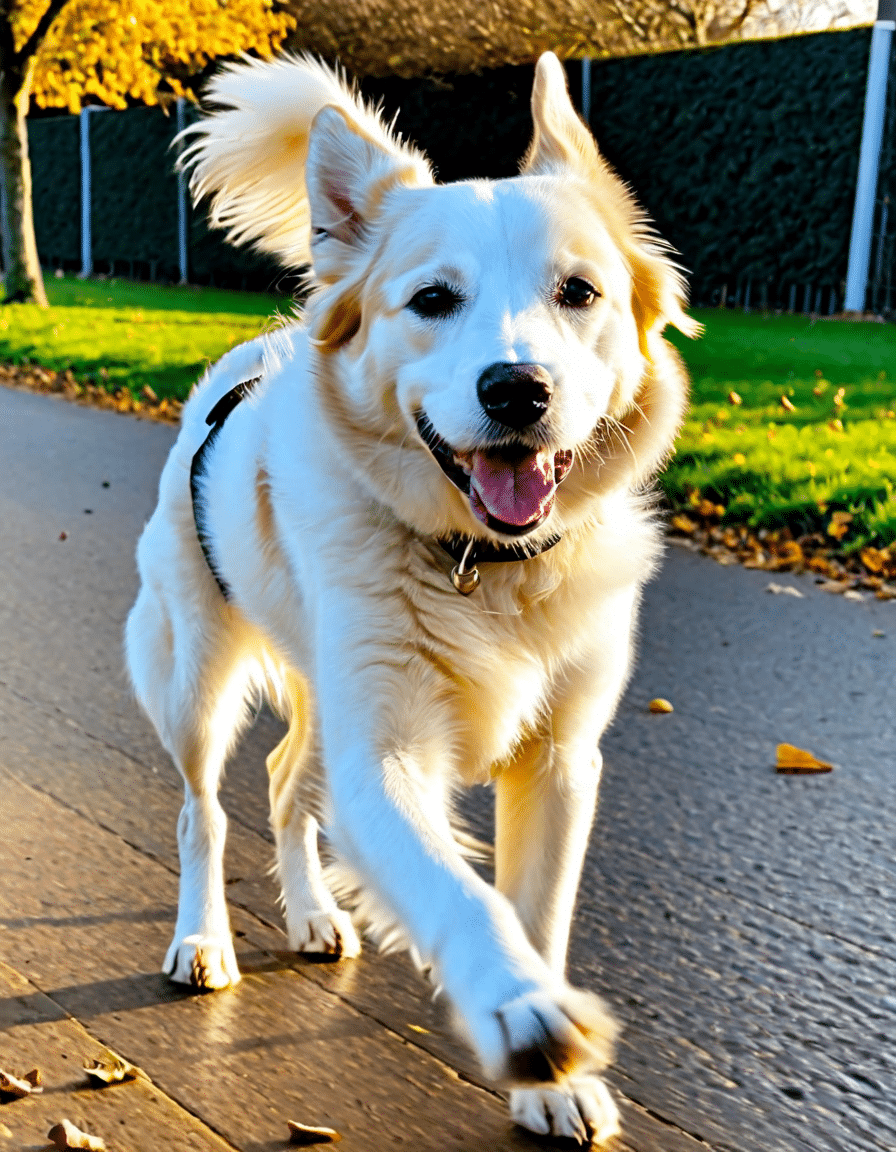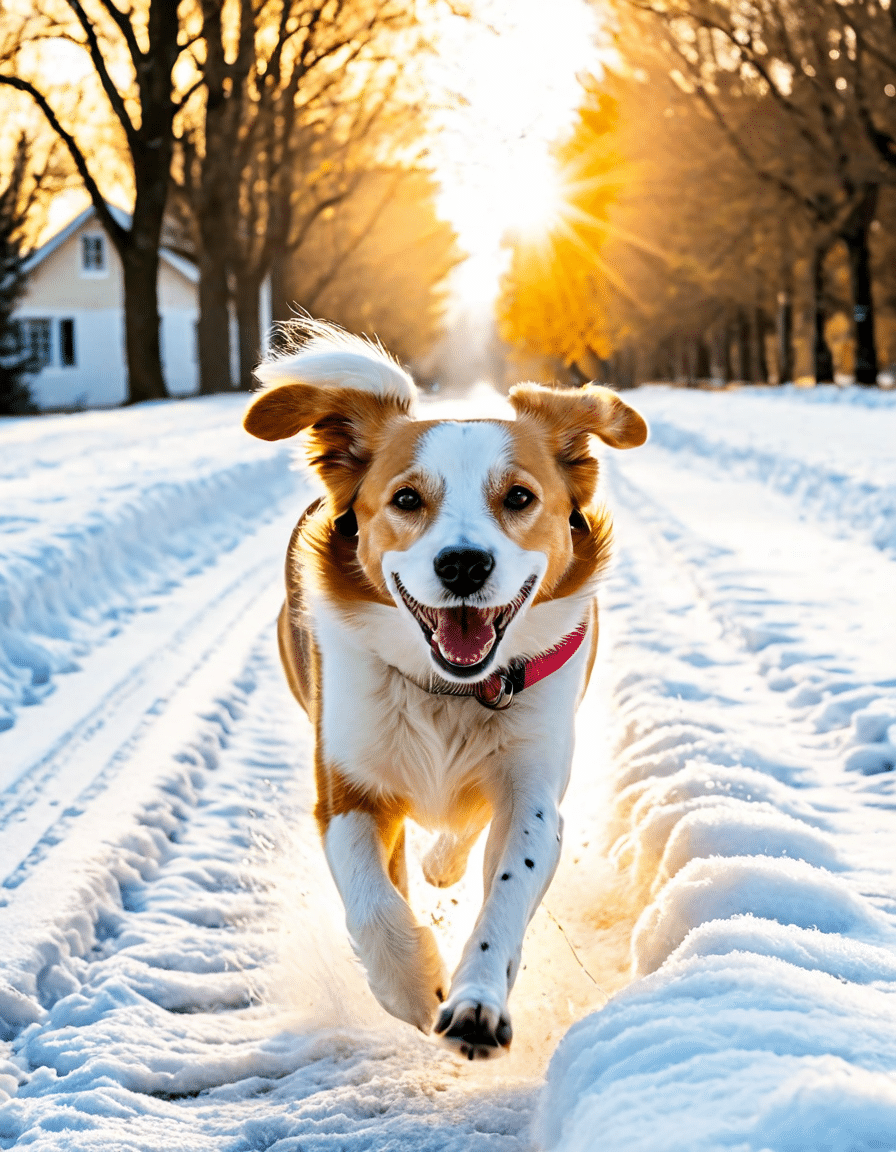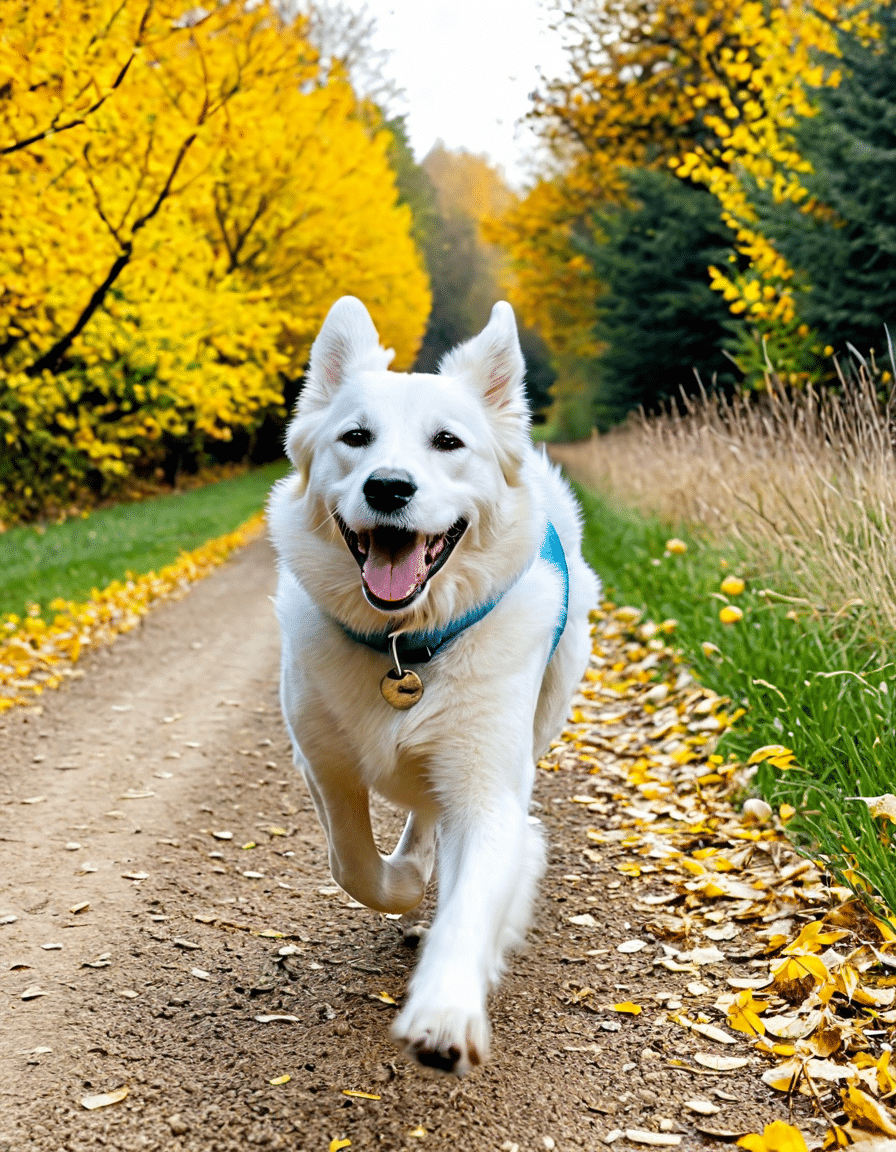Dog owners often find themselves in a state of worry when their pet experiences gastrointestinal issues. One common concern is “my dog has soft stool but is acting fine.” While this situation might not be an immediate cause for alarm, it’s essential to understand the potential reasons behind it and how to address it effectively. Here, we will explore various factors that can contribute to soft stool, even in otherwise healthy dogs, and offer actionable tips to help your furry friend.

Top 5 Reasons Why Your Dog May Have Soft Stool
1. Dietary Changes or Sensitivity
One likely culprit for soft stool is a change in diet. If you’ve recently transitioned to a new food, your dog’s digestive system might be rebelling a bit. Even a few indulgent treats, especially rich ones, can throw things off balance. Consider that everyday foods like chicken, rice, or even sweet potatoes from brands like Hill’s Science Diet can help firm up stools due to their easily digestible nature. Transitioning slowly to new dog food is key to prevent upsetting their stomach.
2. Gastrointestinal Infections or Parasites
Soft stool can also stem from bacterial infections or parasites such as giardia. These issues sometimes don’t manifest obvious signs of illness, making them tricky to pinpoint. To tackle potential parasites, regular deworming and annual vet check-ups are a must. If you suspect a lurking issue, ask your vet about having a stool sample examined. Just like when you hear about someone finding unexpected details, early detection can save a lot of hassle.
3. Stress and Anxiety
Don’t underestimate the power of emotional well-being when it comes to your pet’s health. Changes in their environment, like a new pet entering the home, can stress your dog out. Believe it or not, stress can manifest in more than just barking or hiding – it can cause gastrointestinal distress too. I found that when my friendly dog started growling at other dogs due to anxiety, his stomach issues followed. A calm environment can make a world of difference.
4. Food Intolerances or Allergies
Food intolerances or allergies might also be behind that soft stool. For instance, common ingredients like grains, dyes, or certain protein sources might lead to digestive rebellion in some dogs. If you suspect allergies, a limited-ingredient diet from reputable brands like Blue Buffalo or Wellness can prove beneficial. Identifying and eliminating trigger foods from your dog’s diet often leads to happier, healthier poops.
5. Medical Conditions or Age-Related Issues
As dogs age, various medical conditions can impact their digestion. Chronic issues such as pancreatitis or even age-related diseases like arthritis can cause the digestive system to behave less efficiently. If your dog is older, maintaining regular vet visits becomes critical to catch any potential problems early. Think of it like you would for family members, watching for those subtle changes can alert you to more significant issues down the road.

What to Do if Your Dog Has Soft Stool But Is Acting Fine
Monitor Frequency and Consistency
Take note of your dog’s bowel habits. If it remains soft but they seem playful and energetic, consider feeding small amounts of bland food like boiled chicken and rice. This combo is gentle on the stomach and can help restore firm stool over time.
Hydration is Key
Keep a close eye on their water intake. Diarrhea can quickly lead to dehydration, so it’s vital your dog always has fresh water available. You might even add an electrolyte solution recommended by your vet if dehydration becomes a concern. Just like how keeping hydrated is crucial after a long day, your dog needs it too!
Consider Probiotics
Probiotics can be a game-changer. Supplements like FortiFlora support a healthy gut microbiome, promoting better digestion and stool quality. Always consult your veterinarian to find the right probiotic for your dog’s specific needs. Think of it like giving your dog a tiny boost in keeping their digestive health on track.
Watch for Other Symptoms
Keep a lookout for any additional symptoms. While your dog may seem fine, if they begin to show signs of lethargy, vomiting, or sudden changes in appetite, it’s time to reach out to your veterinarian. It can be alarming when my dog looks at me with her mouth open, acting distressed—it’s a sign that something isn’t right.
When to Seek Veterinary Care
If soft stools persist for more than 24 hours, or if your dog starts displaying discomfort or concerning symptoms, consulting your veterinarian quickly is crucial. Early intervention can prevent significant health issues in the long run. Just like when considering giving my cat up but he has a microchip, timely action matters in caring for your pet’s health.
The Importance of Being Proactive About Their Health
Taking your pet’s health seriously is vital. Always be observant of not just soft stool but also your dog’s overall demeanor and behavior. It reminds me of the time I had 5 cats—one of them escaped, leading to unexpected health changes for the rest. Recognizing subtle changes can be a lifesaver.
Nurturing a Happy, Healthy Pet
Taking immediate steps when you notice changes in your dog’s digestive health not only fosters well-being but also strengthens the bond between you and your furry companion. Providing a stable environment with regular vet check-ups and responding quickly to their needs can contribute significantly to a happier, healthier life for your dog. Remember, while “my dog has soft stool but is acting fine” might imply a temporary issue, being vigilant and proactive is always the best approach to canine care.
So, whether you’re dealing with soft stools or other concerns, trust your instincts. Your dog’s health and happiness depend on you!
My Dog Has Soft Stool But Is Acting Fine: Fun Facts and Trivia
Understanding Soft Stool in Dogs
It can be quite puzzling when you notice that your dog has soft stool but is acting fine. While this situation can cause concern, it’s not always a serious issue. Did you know that a dog’s digestive system is significantly more sensitive than ours? Yep, even the tiniest change in diet can result in loose stools. Some dogs might even experience this after munching on something they shouldn’t, like a sunflower seed shell! If you’re curious, can you eat the sunflower seed shell?( Just like our pups, not everything is good for us.
Additionally, stress and excitement can also play a role. Just like how some of us feel jittery during a big event, like a television show’s bachelor finale, dogs can get the jitters too, leading to softer stools. This is particularly common around changes in routine, so keep an eye on their habits.
The Doggos’ Diverse Digestive Issues
It’s fascinating how vast the range of gastrointestinal issues can be in dogs—same as how their behaviors vary widely. Picture this: Some dogs might develop soft stool while facing simple adjustments in their lifestyle. Ever heard of dogs getting stressed from travel? This could be akin to waiting for an exciting movie sequel, like the upcoming Five Nights at Freddys movie 2, making them anxious. If your furry friend is responding normally otherwise, you might be dealing with mild tummy troubles.
But, let’s not forget the role of hydration. Soft stools can lead to dehydration if not managed. Some pet owners have started advocating for the use of subcutaneous Fluids For Dogs in more severe cases of loose stools. Keeping Fido well-hydrated can work wonders, just as we appreciate a good drink after a long day.
Keeping a Close Eye
Many times, a dog with soft stool that appears otherwise healthy might simply need a slight dietary adjustment or some extra attention. If you notice any drastic changes or your pup stops being playful, it might be time to consult with a vet. Just like how we sometimes need a little extra care, like taking melatonin after a long day, your dog may need a helping hand in overcoming gastrointestinal woes.
So, the next time you find yourself saying “my dog has soft stool but is acting fine,” remember, it’s often just a passing phase. Keep an eye on their eating habits and overall behavior. And who knows, it might just be a small hiccup on their way to fantastic health!



